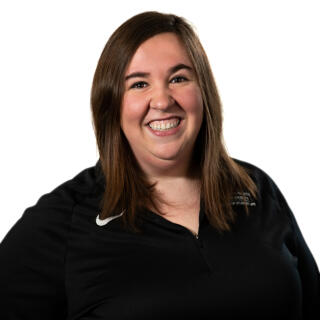Alcohol and Other Drug Prevention
What is Alcohol, Tobacco and Other Drugs Prevention?
Alcohol, Tobacco, and Other Drug (ATOD) prevention is the application of Public Health sciences and theories which focus on the development of evidence-based strategies that reduce risk factors and enhance protective factors to improve the health and wellbeing of individuals, families, and communities regarding substance use.
ATOD prevention encompasses a range of programs, policies, and practices aimed at reducing the incidence and prevalence of substance misuse for individuals, families, and communities. ATOD prevention is categorized by three types of strategies: Primary, Secondary, and Tertiary prevention.
Primary Prevention attempts to reduce the likelihood of substance misuse and/or abuse from occurring. Primary prevention can target the general population (i.e., universal prevention) or targeted groups who are at increased risk of experiencing substance related problems (i.e., selective prevention). Some examples of primary prevention on Ohio State’s campus are:
- Party Smart
- Alcohol Tobacco and Other Drug Policies
- ATOD education (i.e., presentations, social media campaigns)
- Generation Rx
Secondary Prevention attempts to halt or interrupt substance misuse behaviors through intervention in individuals already demonstrating early signs or symptoms of misuse. Some examples of secondary prevention on campus are:
- Basis/Casics
- ScreenU
- The Ohio State University Diversion Program
Tertiary Prevention focuses on effectively treating substance use disorders and preventing their reoccurrence. Some examples of tertiary prevention on campus are:
- Collegiate Recovery Community
- Talbot Hall
- Partial Hospitalization and Intensive Outpatient Services
National Resources
American College Health Association (ACHA)
Higher Education Center for Alcohol and Drug Misuse Prevention and Recovery (HECAOD)
National Institute on Drug Abuse (NIDA)
College Drinking Prevention (NIAAA)
Substance Abuse and Mental Health Services Administration (SAMHSA)
State and Local Resources
Prevention Action Alliance (PAA)
Ohio Mental Health and Addiction Services (OMHAS)
Franklin County Public Health Recover for Life
Ohio Department of Health Project DAWN
Safe Point through Equitas Health
Other Ohio State Resources
Ohio State Wexner Medical Center | Talbot Hall | 614-257-3760
Ohio State Wexner Medical Center | Partial Hospitalization and Intensive Outpatient | 614-257-3760
Student Life Student Advocacy Center | advocacy.osu.edu | 614-292-1111
Student Life Counseling and Consultation Service | ccs.osu.edu | 614-292-5766
Student Life Disability Services | slds.osu.edu | 614-292-3307
Student Life Student Health Services | shs.osu.edu | 614-292-4321
Ohio State Narcan Access and Harm Reduction Training
Alcohol, Tobacco and Other Drug Education and Prev

Ahmed Hosni
Assistant Director

Brandon Horton
Wellness Coordinator, Alcohol, Tobacco and Other Drug Prevention
Collegiate Recovery Community

Ahmed Hosni
Assistant Director

Mackenzie Hogan
Wellness Coordinator, Collegiate Recovery Community
